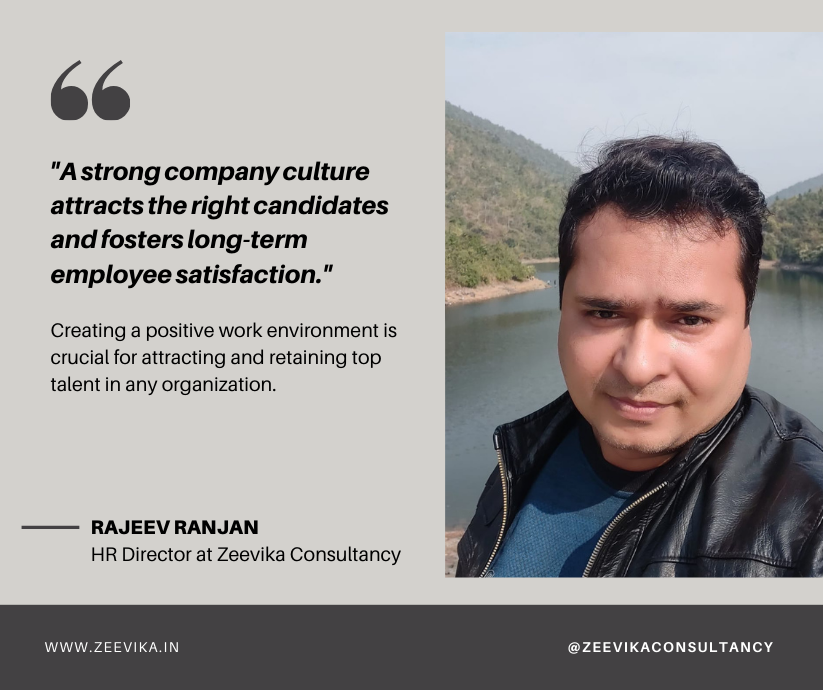Building a long-term relationship with your staffing partner is crucial for ensuring that your company consistently meets its staffing needs efficiently and effectively. Here are some essential strategies to foster a strong and lasting partnership:
1. Choose the Right Partner
Conduct Thorough Research
- Reputation: Look for staffing firms with a proven track record in your industry.
- Experience: Choose a partner that understands your business needs and has experience placing candidates in similar roles.
Check References and Reviews
- Client Feedback: Speak to other businesses who have worked with the staffing partner.
- Candidate Experience: Ensure they treat their candidates well, as this often reflects their professionalism and ethics.
2. Communicate Clearly and Regularly
Set Expectations Early
- Roles and Responsibilities: Define the roles you need to fill and the specific qualifications required.
- Timeline: Be clear about your hiring timelines and any urgent needs.
Ongoing Dialogue
- Feedback Loop: Provide regular feedback on candidates sent by the staffing partner to ensure alignment.
- Market Trends: Stay informed about labor market trends and share this information with your staffing partner.
3. Develop Mutual Trust and Respect
Be Transparent
- Business Changes: Inform your staffing partner about any significant changes in your business that might affect staffing needs.
- Hiring Challenges: Be honest about any difficulties in finding the right candidates.
Respect Their Expertise
- Listen to Advice: Value their insights and recommendations regarding candidate selection and market conditions.
- Collaborative Approach: Work together to refine job descriptions and candidate profiles.
4. Invest in the Relationship
Regular Meetings
- Strategy Sessions: Schedule regular meetings to review performance, discuss upcoming needs, and strategize for the future.
- Annual Reviews: Conduct annual performance reviews to evaluate the partnership’s success and areas for improvement.
Show Appreciation
- Acknowledge Successes: Recognize when your staffing partner successfully meets your needs.
- Incentives: Consider performance-based incentives for meeting or exceeding your expectations.
5. Leverage Technology and Tools
Streamlined Processes
- Applicant Tracking Systems (ATS): Utilize compatible ATS to streamline candidate submissions and feedback.
- Communication Tools: Use communication platforms that facilitate easy and quick interactions.
Data Sharing
- Real-Time Data: Share data on hiring trends, performance metrics, and feedback in real-time.
- Security: Ensure that any shared data is protected and complies with data privacy regulations.
6. Plan for the Long Term
Future Needs
- Succession Planning: Involve your staffing partner in succession planning for key roles.
- Talent Pipeline: Work together to build a pipeline of potential candidates for future openings.
Flexibility
- Adaptability: Be open to adjusting your strategies and processes as market conditions and business needs evolve.
- Continuous Improvement: Regularly assess and refine the partnership to ensure it remains effective and mutually beneficial.
By following these strategies, you can build a strong, long-term relationship with your staffing partner that supports your business goals and helps you navigate the ever-changing employment landscape. This partnership will not only help you fill immediate vacancies but also contribute to your long-term success by providing a steady stream of qualified candidates aligned with your company’s vision and culture



